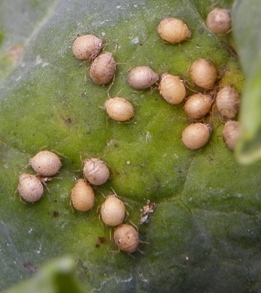 |
| Green tomato |
Some
areas of the region may see the first frost of the season
tonight, and for others it will not be far behind. The average
first fall frost usually occurs the first week of November in
Burgaw and inland areas including Wallace, Currie, and
Shallotte. Coastal communities (Hampstead, Wilmington,
Southport) still have a few weeks - the first frost along the
coast most often occurs during the third week of November due
to the moderating effect of ocean waters.
If
frost is predicted for your community, make a final harvest of
tomatoes, peppers, cucumbers, squash, eggplant, beans, field
peas, okra, and sweet potatoes before freezing temperatures
damages or kills plants and fruits.
To
make the most of this late season bounty, store crops under
proper conditions. Most summer crops store best at 55 degrees
in perforated plastic bags and will last up to a week under
these conditions (peppers will last longer). Storing near
apples and tomatoes (which release ethylene) will reduce shelf
life.
Green
tomatoes, harvested before frost, can be wrapped in newspaper
and kept at 55 F to 70 F. Tomatoes stored in this manner
should last 3-5 weeks. Be sure to inspect each week for
ripeness.
Following
harvest, sweet potatoes should be ‘cured’ by placing them in a
moist, warm (80-85 degrees) location for a week to 10 days.
Once cured, store them for winter in a dark, cool location (55
degrees) where they will not freeze.
Learn
more!






























